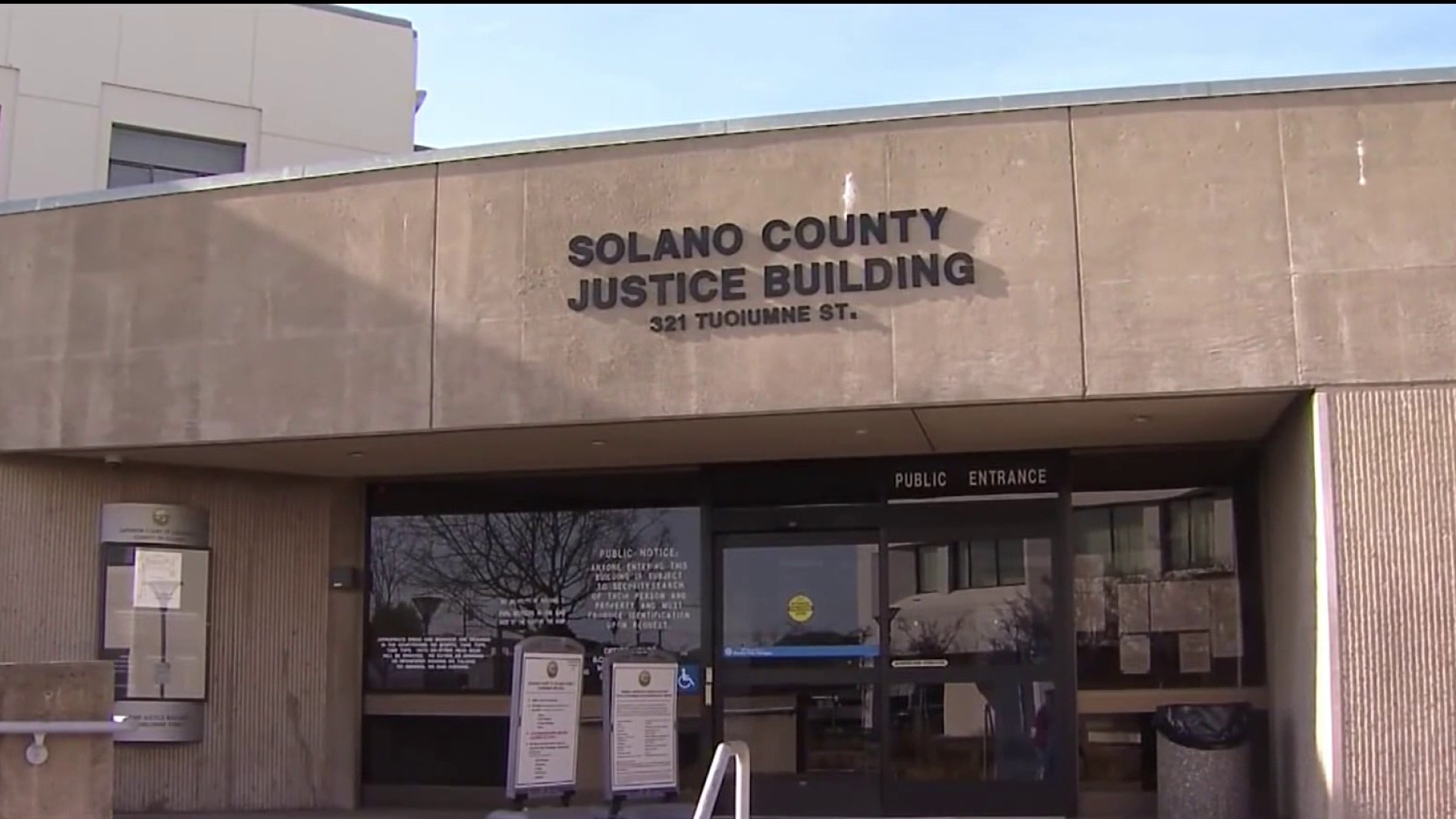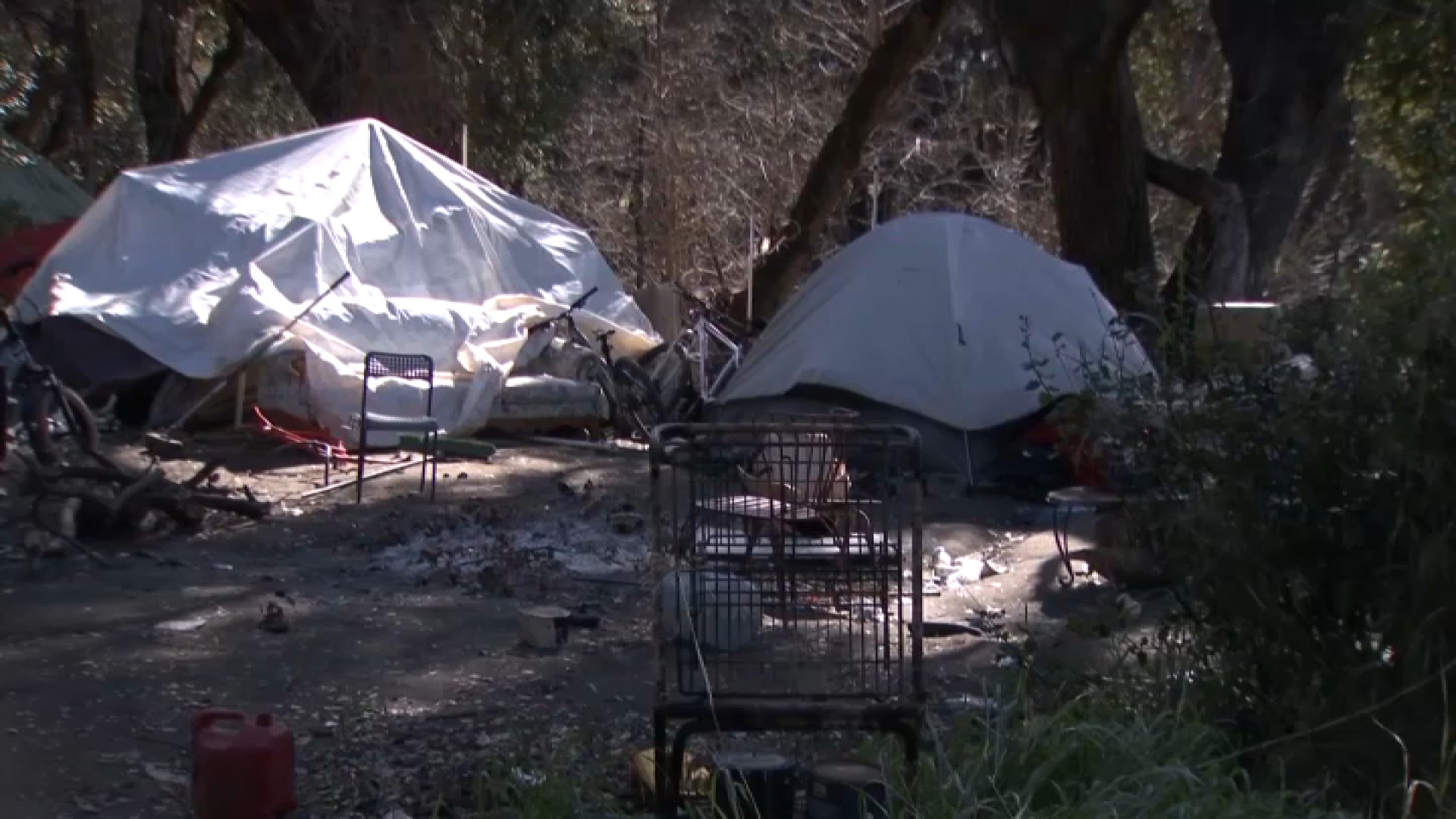The “Car-mageddon” that was feared on Day 1 of the BART strike never really occurred early Friday morning, though commuters were bracing for worse traffic onslaughts on the way home from work and again on Monday if the strike continues, as expected.
The "Car-mageddon" that was feared on Day 1 of the BART strike never really occurred early Friday morning, though commuters were bracing for worse traffic onslaughts on the way home from work and again on Monday if the strike continues, as expected.
That doesn't mean there weren't pockets of trouble. Before 6 a.m. cars were backed up to Orinda to the Bay Bridge, nearly 15 miles away. And charter buses filled up before the sun came up with passengers trying to beat traffic headaches.
But by 8 a.m. or so, much of the traffic had cleared up in many parts of the region. Either people had gotten to work early, or didn't go to work at all. One commuter in Oakland said commuting was "a breeze."
A lot of commuters turned to San Francisco Bay Ferries to avoid the gridlock.
The ferries carried 7,000 passengers during the Friday morning commute. That is double the normal passenger load.
"Just get it together!" shouted an Oakland ferry commuter to no one in particular as she hurriedly hopped on a boat to shuttle her to San Francisco in the wee hours of the morning.
She was just one of the roughly 400,000 daily BART commuters impacted by the shutdown, who turned to buses, boats and cars to make their trips.
MORE: BART Strike Resource Guide
Later in the day, San Francisco city streets were heavily congested heading into the evening commute, especially at freeway entrances, according to a city transit official.
"I don't think BART should be allowed to go on strike," said Princess McKinley who commutes from Walnut Creek to San Francisco and was now forced to take a Whitecastle Tours bus operated by BART to get to work. McKinley said BART workers should be like police officers and be barred from walking off the job. "So many people depend on this," she said.
Orinda City Councilman Steve Glazer was taking these comments to heart. Glazer, who is running for state Legislature in 2014, passed out fliers urging frustrated commuters to tell state lawmakers that BART workers shouldn't be allowed to go on strike.
"Workers and management disagree," he said. "But they shouldn't take it out on the riders."
Really, you have all these mediators & can't reach an agreement? Thanks BART. #BARTstrike — @stoicbutch (@stoicbutch) October 18, 2013
Local
MORE: How BART Contract Negotiations Broke Down
BART union workers went on strike at midnight after a week of marathon negotiations fell apart on Thursday. This follows on a four-day strike in July.
A team of federal mediators who participated in the talks for four days said on Thursday that the parties succeeded in agreeing to a number of significant items, such as salary, healthcare and pension contributions, but were ultimately "unable to bridge the gap'' on the work rules.
What these "work rules" are exactly are unclear - no one has yet to provide a list. And because of that, the spin about the rules was spinning out of control. According to the union, they revolve around "nepotism" and "sexism" and work schedules. Some employees work four-day, 10-hour shifts while others work five-day, eight-hour shifts. Union officials said BART wanted to schedule people as they saw fit.
According to BART spokeswoman Alicia Trost, some rules are about the fact that BART workers don't want to get rid of fax machines. More specifically, BART officials say these work rules make it difficult to implement technological changes or add extra service on holidays because of a special event.
BART unions had offered to have these rules be put in front of an arbitrator, but said management refused.
MORE: BART Strike After Failed Negotiations
There were no signs of either side coming to a compromise, and there was no date set to come to the bargaining table again. At a 4 a.m. Friday news conference, SEIU Executive Director Pete Castelli said, "We moved to their direction...and then all of a sudden, these issues that weren't discussed at the table were brought up."
On the management side, BART's General Manager Grace Crunican said Thursday that the unions "wanted the money but not the work rules," which "forced" the impasse. She added: "We are not going to agree to something we can't afford. We have to protect the aging system for our workers and the public."
She urged the union leaders to let their members vote on management's offer by Oct. 27.
At the Lake Merritt BART station in Oakland, SEIU workers held picket signs that read "Unfair Labor Practices." The picketers were receiving both honks of support and shouts from some passersby saying that the workers already make plenty of money.
The two unions on strike, including more than 2,300 mechanics, custodians, station agents, train operators and clerical staff, now average about $71,000 in base salary and $11,000 in overtime annually, the transit agency said. BART workers currently pay $92 a month for health care and contribute nothing toward their pensions.
In April, when talks first began, the unions initially asked for 23.2 percent in raises over three years. BART countered with a four-year contract with 1 percent raises contingent on the agency meeting economic goals.
The unions contended that members made $100 million in concessions when they agreed to a deal in 2009 as BART faced a $310 million deficit. And they said they wanted their members to get their share of a $125 million operating surplus produced through increased ridership.
On Sunday, BART negotiators presented a final offer that includes an annual 3 percent raise over four years and requires workers to contribute 4 percent toward their pension and 9.5 percent toward medical benefits.
The Bay Area Council Economic Institute estimates a strike will conservatively cost the Bay Area $73 million a day in lost worker productivity.
Here is a Vine video inside Caltrans where monitors show traffic is backing up earlier than usual.



